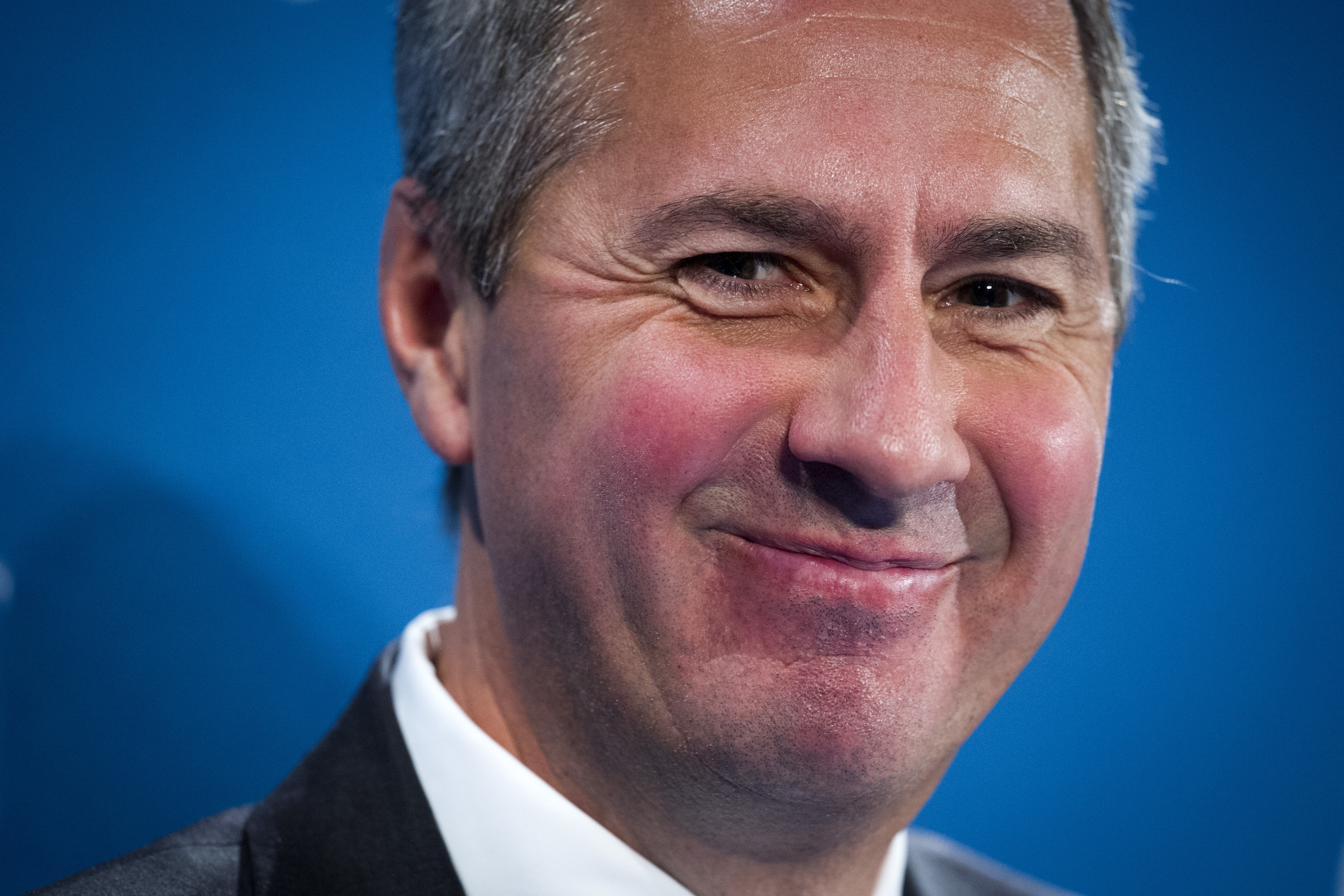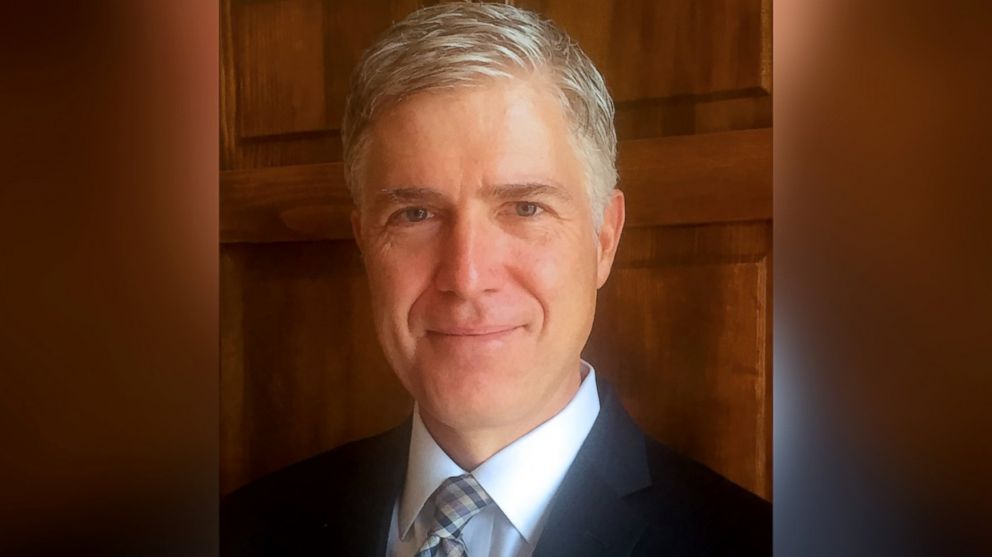After only 11 days in office, President Donald Trump is set to announce his nominee to the Supreme Court Tuesday at 8 p.m.
The ninth SCOTUS seat has sat empty for nearly a year, ever since Justice Antonin Scalia suddenly passed away last February. GOP leaders in the U.S. Senate refused to confirm President Obama’s pick to fill the seat, Merrick Garland, during the presidential campaign – a risky move that could pay off for Republicans looking for Trump to nominate a conservative replacement.
Trump’s original list of 21 potential SCOTUS picks has been whittled down to three names. While each comes attached to a substantial resume, here are the fast facts you need to know heading into Tuesday night:
1. Thomas Hardiman

Thomas Hardiman is currently a federal judge on the 3rd U.S. Circuit Court of Appeals. A Massachusetts native, he’s very well known for taking stances in favor of the police, ruling that police officers can donate to their unions’ political action committees and and once arguing that strip-searches don’t violate the Fourth Amendment. He has also ruled in favor of Second Amendment rights and free speech.
It's worth noting that Hardiman was nomiated by former President George W. Bush back in 2007 and confirmed in a 95-0 vote, meaning Democrats in the Senate didn't seem to have much of a problem with his record. In fact, both Sen. Chuck Schumer and Sen. Diane Feinstein voted in his favor. He's also been heavily championed by Trump's very liberal sister, Maryanne Trump Barry, a fellow 3rd Circuit judge.
In an interesting contrast to some of Trump’s more hardline statements against illegal immigration, Hardiman once ruled as part of a panel in favor of a Honduran man who said he’d come to the United States illegally to seek asylum to avoid being forced to join a gang in his home country. In this case, Hardiman’s ruling tended to side with the Obama administration’s definition of who qualifies for asylum under current U.S. immigration law.
Unfortunately for pro-life conservatives, Hardiman hasn’t taken a public stance on abortion -- a fact that could worry conservatives who expect Trump to fulfill his campaign promise and nominate a pro-life justice to the Supreme Court.
2. William H. Pryor, Jr.

William Pryor is a federal judge currently serving in the 11th U.S. Circuit Court and a former Attorney General of Alabama (from 1997 to 2004). He was nominated as a federal judge by former President George W. Bush in 2003, and was widely criticized by Democrats in the Senate for being too “extreme.”
Pryor is perhaps best known for his strong conservative positions on issues like abortion, and is the only one of the three most likely SCOTUS nominees to have taken a public stand on the topic.
In fact, according to the pro-abortion activist group NARAL, Pryor went on record as calling abortion “murder” and stating that the 1973 Roe v. Wade decision was the “worst abomination in the history of constitutional law.” Pryor’s position on abortion should thrill many pro-life conservatives, particularly those who worry about Trump’s potential softening on the issue of protecting unborn life.
3. Neil Gorsuch
 Neil Gorsuch was appointed to the 10th U.S. Circuit Court of Appeals by former President George W. Bush in 2006. He has historically been a big proponent of religious freedom, writing in favor of both Hobby Lobby and the Little Sisters of the Poor in the respective high profile cases against Obamacare’s birth control mandates.
Neil Gorsuch was appointed to the 10th U.S. Circuit Court of Appeals by former President George W. Bush in 2006. He has historically been a big proponent of religious freedom, writing in favor of both Hobby Lobby and the Little Sisters of the Poor in the respective high profile cases against Obamacare’s birth control mandates.
He has also been a strong supporter of religious freedom expressions in public areas, and has historically supported displays of religion, such as the Ten Commandments, in public and government spaces.
According to his profile on the SCOTUS website, Gorsuch is perhaps most like the late Scalia than any other potential nominee. Like Hardiman, he hasn’t taken a public stance on the issue of abortion; however, he has advocated against euthanasia and assisted suicide, arguing that “all human beings are intrinsically valuable and the intentional taking of human life by private persons is always wrong.”
